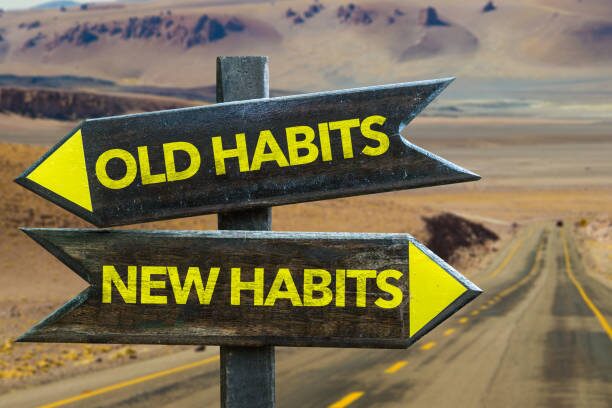Addiction recovery is a unique process for every individual. But despite the differences, there are specific challenges that everyone in addiction recovery can relate to. If you are considering a recovery process, you may be interested in knowing the possible challenges and mentally preparing for them. Also, knowing these obstacles can help you understand how to adequately support the person in your life who is in addiction therapy. If you are considering a drug detox program, you may be interested in knowing the possible challenges and mentally preparing for them.
Relapses
Relapses are expected during the recovery process. There is an intense urge for you to go back to your addiction after a while you’ve been away from it. But after struggling, you end up doing it. You may feel like a failure and breakdown. Relapse is a way to identify your vulnerability. Stress, anxiety, cravings, or old friends can cause it.
Study what’s causing this distraction in you and deploy a means to avoid it. Avoid activities that can stress you, stay away from places that can trigger you, and withdraw from people that aren’t helpful to your recovery journey.
Loneliness
Embracing a new pattern of life is complicated. You can no longer hang out with old friends because they also have the same addiction issue and may not make new friends quickly. This challenge may cause feel alone and can make you depressed.
Move close to family and supportive friends at this time. Do more volunteering. You can also join a support group and actively participate in every event it requires of you.
Boredom

Previously, your free time was usually spent engaging with your addiction. These addictions keep you engaged. Now, with recovery, you are entirely in sobriety and getting bored every time. Replacing addictive behaviors with healthy activities can leave gaps in your schedule.
The quick solution is to find new lifestyles and engage them. They may not be attractive initially, but you will get used to them with time. Redirect the time you once used for addiction to activities like sports, music, meditation, reading, or exercising regularly.
Comparison
You may feel like you’re not making progress with your recovery, especially if you are undergoing addiction therapy. especially if your addiction therapy is in the group. Others who joined before you may be responding to treatment more. This can lead to feelings of envy and discouragement. Remember, responsiveness to therapy in individuals differs. Focus more on your goal and progress instead.
Stringent Emotion
It may be easier to stay sober when you’re in a good mood. But this may not be guaranteed during difficult times like when dealing with stress, anxiety, sadness, grief or anger.
Allowing these negative emotions in you constantly can make you continuously relapse. Instead, strategise on the way to manage and cope with these challenging emotions.
Rebuild Trust and Relationships

Addiction often leads to broken trust with family and friends. During recovery, the daunting truth that you now have to rebuild your image and trustworthiness settles heavily.
However, you can make it out of the woods, and you can rebuild again. Learn to be consistent in keeping promises and be honest and transparent in everything you do. Be more present and be more helpful where you can. People will start to see your effort and work to rebuild with you again.
Conclusion
Challenges and setbacks are unavoidable on your path to recovery, but instead of dwelling on them, see them as opportunities to learn and grow. Forgive yourself for missteps, pick yourself up, and recommit to your journey. You will win the battle eventually and be proud of yourself again.

